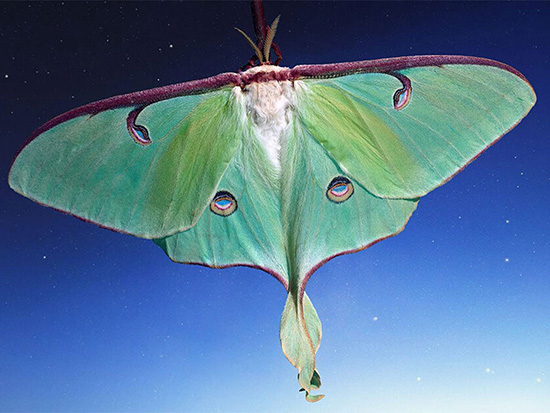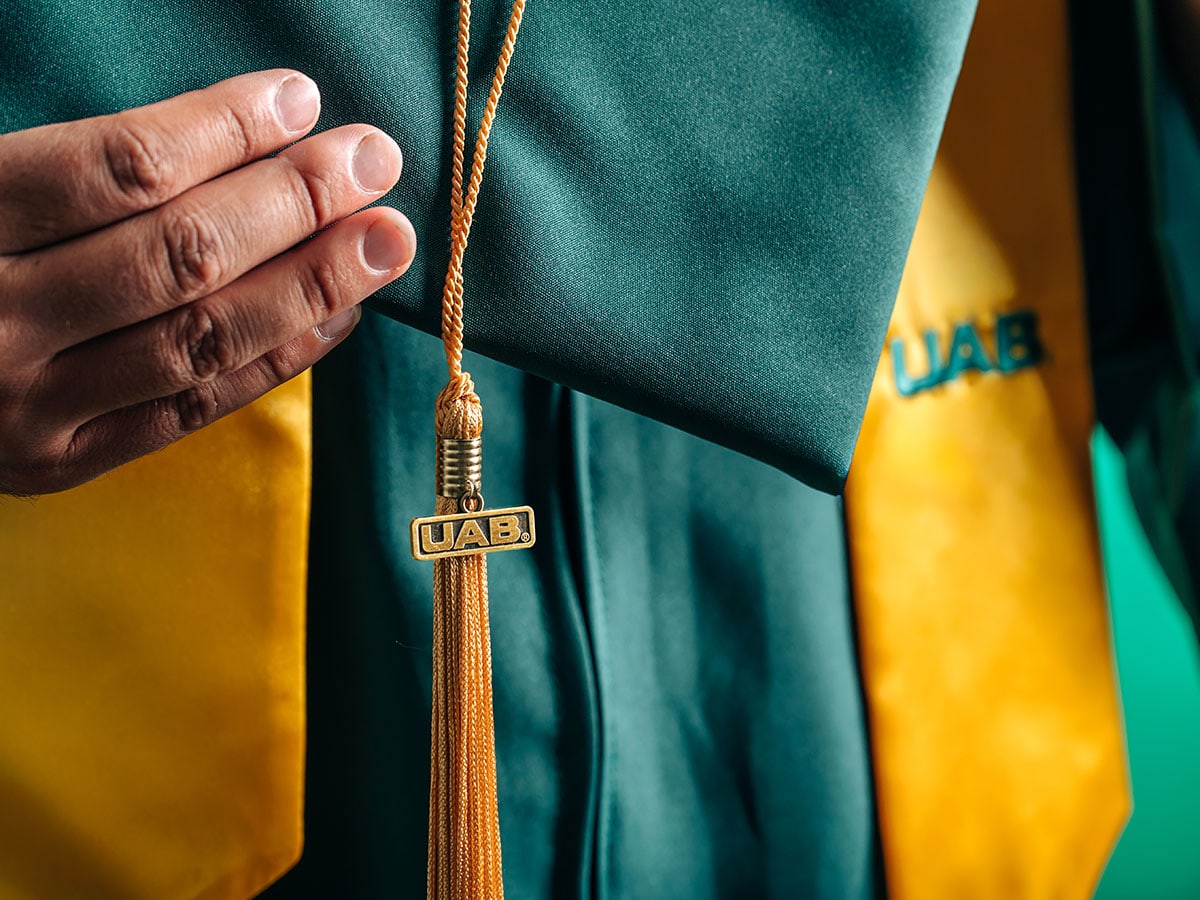Rahul Gaini, a senior majoring in the Undergraduate Neuroscience Program, writes about his experiences in the program and at UAB.
My favorite classes in high school were, by far, biology and psychology. Specifically, I loved learning about the brain. Understanding the molecular basis of human action and thought was fascinating, and the brain's complexity and mystery continued to spark my interest. I also really appreciated the irony that studying the brain and its underlying mechanisms required my brain to utilize the mechanisms I was learning about!
 So, one thing I knew prior to starting college was that I wanted to pursue a degree in neuroscience. The second was that I wanted to become a physician. In fact, I had already planned extensively for this latter goal: in high school, I volunteered at local hospitals, shadowed an array of doctors, and learned medical techniques such as determining BMI, obtaining blood pressure, and performing CPR. In contrast, I had very limited knowledge or experience with research, an important and complementary aspect of neurology and modern medicine.
So, one thing I knew prior to starting college was that I wanted to pursue a degree in neuroscience. The second was that I wanted to become a physician. In fact, I had already planned extensively for this latter goal: in high school, I volunteered at local hospitals, shadowed an array of doctors, and learned medical techniques such as determining BMI, obtaining blood pressure, and performing CPR. In contrast, I had very limited knowledge or experience with research, an important and complementary aspect of neurology and modern medicine.
Thankfully, after enrolling in the Undergraduate Neuroscience Program at UAB, I had the opportunity to jump into clinical research during my first semester of college by joining Dr. Burel Goodin's lab. In this lab, I worked on a study that aimed to characterize the experiences of pain in HIV patients. I administered mild painful stimuli (I promise they were mild) to HIV participants and healthy controls and determined the quantitative differences in pain sensitivity between the two groups. After my sophomore year, I wanted to immerse myself in basic research as well. With the help of the UNP, I found a research opportunity under Dr. Lucas Pozzo-Miller. Here, I sought to understand the way in which Rett syndrome, a severe autism spectrum disorder, affects the brain. To do this, I investigated three subclasses of interneuron populations in the medial prefrontal cortex of Rett syndrome mice models. Through these laboratory experiences, I came to realize that research allows us to overcome barriers that would otherwise impede medical progress. In the future, I will strive to be a part of teams that provide compelling empirical evidence for the expansion of scientific and medical knowledge.
Even in my time at UAB outside of research, I did not have to compromise. I had opportunities available to me in anything I wanted to pursue. In athletics, I was able to join the Tennis Club at UAB and compete at tournaments. Through the UNP, I joined the Undergraduate Neuroscience Society and hosted esteemed neuroscientists from other universities while also spreading neuroscience to both my peers and grade-school students. To maintain my interests in various cultures around the world and spread awareness of these cultures, I joined the Asian American Organization. I enjoyed these extracurriculars so much that I became the president of two of them and vice-president of one. I was even able to give a TEDx talk, volunteer at Children's Hospital of Alabama, write an article on the benefits of meditation, enjoy the amazing recreation center at UAB, and much, much more.
I will be spending the next four years of my life pursuing a dual MD/MBA degree at UAB. Because of my time as an undergraduate student in the UNP, I feel confident in my preparedness and ability to succeed in both medical and business school. With these degrees, I hope to spark both individual and large-scale change, improving the well-being of my patients while also attempting to improve the medical field through hospital administration and healthcare policy.
There is an authenticity and uniqueness that define both the UNP and UAB. The numerous opportunities they offered these past four years allowed me to feel as if my aspirations for college were possible. Moreover, as a student within the UNP, I had the chance to not only work towards my career, but also grow as a person. UNP mentors like Dr. Cristin Gavin helped me learn the importance of living in the present, taking life one step at a time, remaining mindful, and detaching from situations that are out of my control. My undergraduate experience also taught me that a positive mental attitude is vital to getting things done. After all, if you believe you can, you're halfway there.


